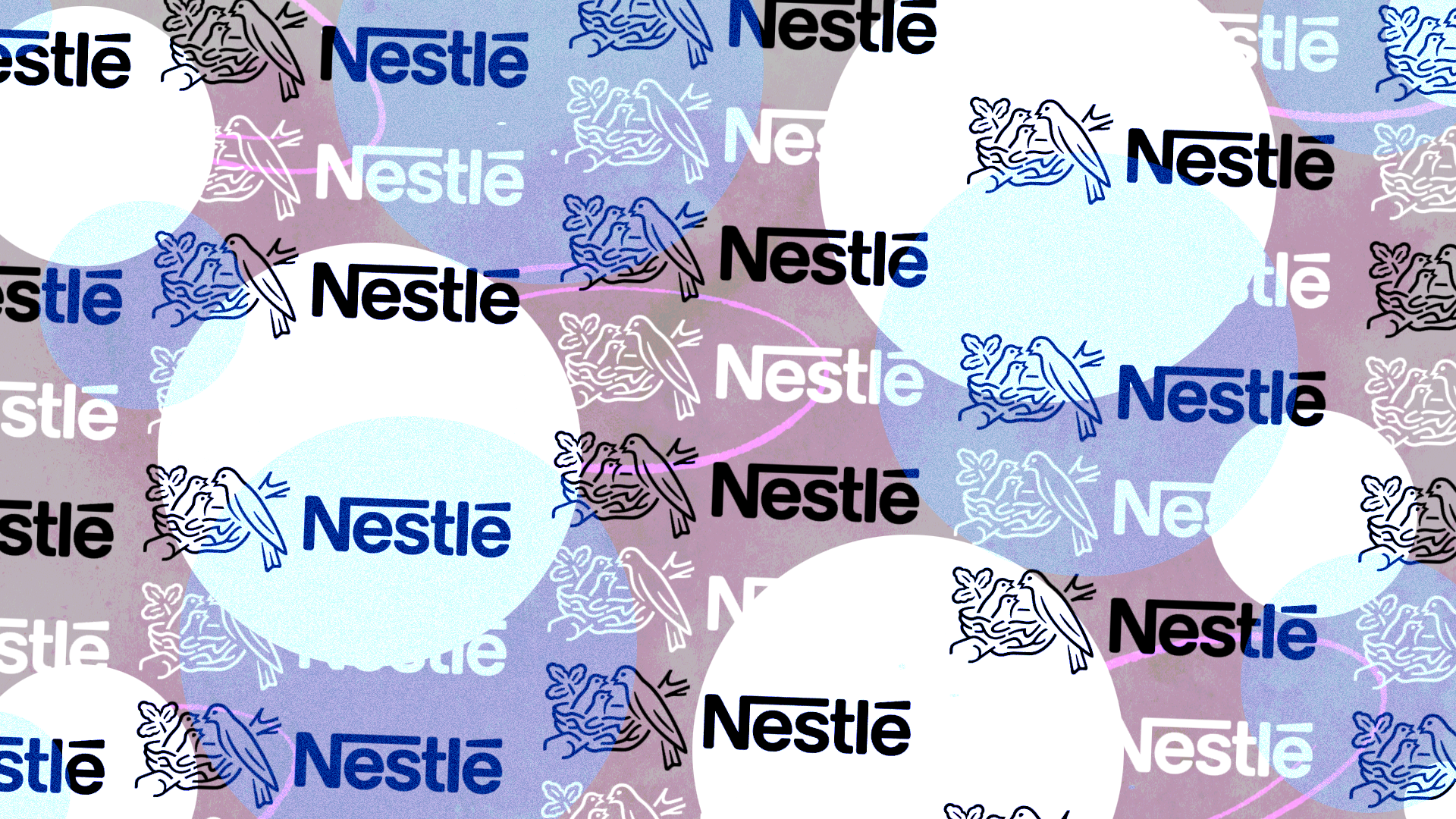Nestlé has found itself embroiled in a controversy surrounding the sugar content in its baby food products sold in lower and lower-middle income countries, including India.
A recent investigation has uncovered a disturbing practice of adding sugar to infant cereals and milk, while keeping the products sugar-free in Nestlé’s primary markets in Europe and the UK.
The investigation, conducted by the Swiss organization Public Eye and the International Baby Food Action Network (IBFAN), revealed the stark contrast in Nestlé’s baby food formulations across different markets.
Samples of Nestlé’s Cerelac, Nido, Mucilon, and Dancow products from Asia, Africa, and Latin America were found to contain an average of 3 grams of added sugar per serving, with some products containing up to 6 grams.
In stark contrast, the same products sold in Nestlé’s European markets, including the UK, were found to have no added sugar.
The findings shed light on Nestlé’s questionable practices, where the company appears to be prioritizing profits over the health and well-being of vulnerable infants in lower-income regions.
The addition of sugar to these products, which are intended for the critical early stages of a child’s development, raises serious concerns about the potential long-term impact on children’s health and nutrition.
What has been Nestlé’s response?
Nestlé’s response to the allegations has been a mixed bag.
On one hand, a Nestlé India spokesperson claimed that the company has reduced the sugar content in its baby product portfolio by 30% over the past five years.
However, the investigation’s findings directly contradict this claim, as the Cerelac products examined in India still contained an average of 3 grams of added sugar per serving.
Nestlé’s global statement on the issue has been equally perplexing. The company has asserted that it “never compromises and will never compromise on the nutritional quality of our products,” and that it is “committed to delivering the best nutrition to our consumers.”
Yet, the damning evidence from the investigation paints a very different picture, where Nestlé appears to be willing to sacrifice the health of infants in less affluent regions for the sake of profits.
Why has the FSSAI intervened?
The revelations have prompted a swift response from the Food Safety and Standards Authority of India (FSSAI), the country’s apex food regulator.
The FSSAI has initiated an inquiry into the sugar content controversy surrounding Nestlé’s Cerelac products. The regulatory body has vowed to take stringent action against the brand if found at fault, and has formed a committee to investigate the matter further.
This intervention by the FSSAI is a crucial step in holding Nestlé accountable for its actions.
The regulator’s commitment to thoroughly examining the case and taking appropriate measures sends a strong message that such unethical practices will not be tolerated.
As the investigation unfolds, the public and other stakeholders will be closely watching the outcome, eager to see if Nestlé will be held responsible for its actions and whether the company will be forced to recalibrate its practices to prioritize the health and well-being of infants over profits.




















